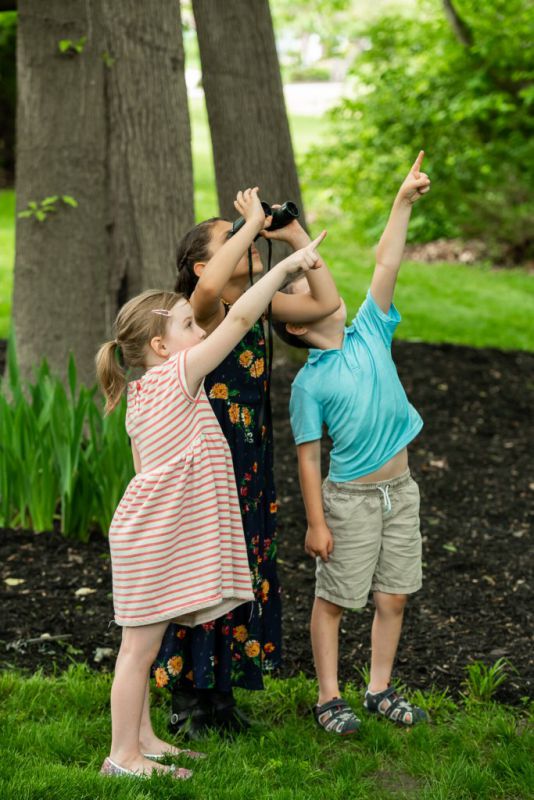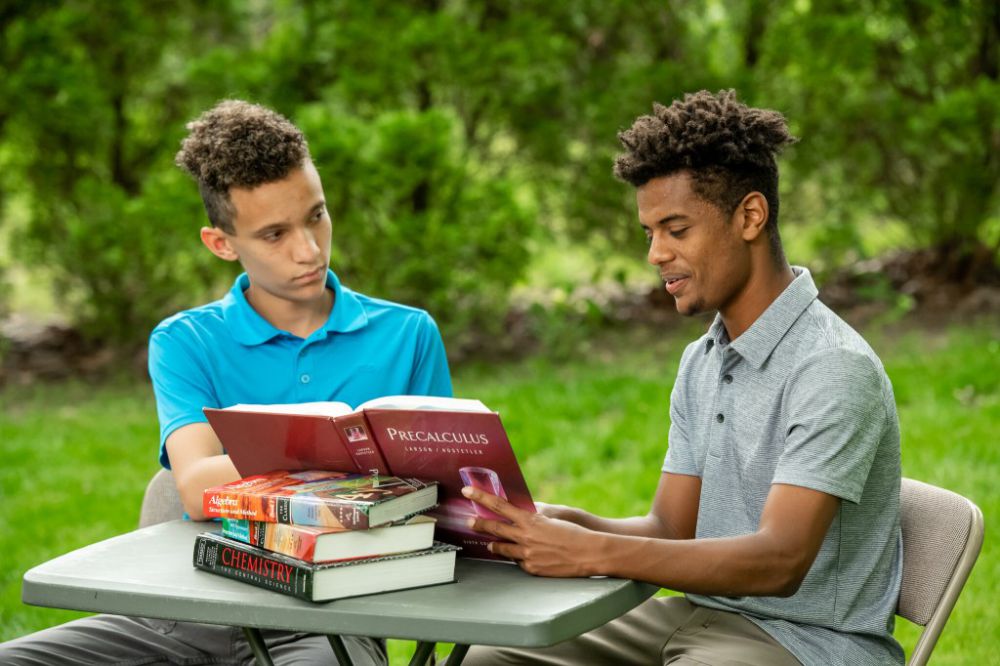Classes

Play to Learn: Drawing on concepts from Charlotte Mason, Montessori, and Waldorf, the focus for younger students will be to engage their curiosity and natural desire to understand the world through exploration, play, and social interactions. Activities will engage the senses and encourage gross and fine motor skills development. Students will hear beautiful stories, observe art, and listen to music from around the world as they learn to cherish and celebrate God’s Beautiful Tapestry. The emphasis for younger children will be hands-on and experiential learning, faith and character development, servant leadership, presentation skills, and nature studies.
“Finally, brothers and sisters,
whatever is true,
whatever is noble,
whatever is right,
whatever is pure,
whatever is lovely,
whatever is admirable
if anything is excellent or praiseworthy–think about such things.”
Philippians 4:8, NIV
For older students at the upper elementary, middle school, and high school levels, there are 6 overarching class categories:
Humanities: With hearts centered on Christ, students will explore literature, history, and writing from a multicultural view that de-emphasizes the traditional Euro-centric perspective and brings marginalized narratives, cultures, and experiences to the forefront. As students progress from elementary to middle to high school, they will be empowered to develop minds of historians as they uncover the hidden figures and stories of history while engaging in critical thinking and analysis. Prioritizing historical thinking and analysis over rote recall of facts, students will go deeper by examining primary source historical documents, as well as music, art, media, and literature from African-American, Hispanic, Middle Eastern, Asian, Indigenous, and European cultures. Beloved Community Co-op students will seek to understand and explore the connections between literature, history, economics, and political science. Group discussions form a significant component of the humanities and utilize both Socratic Seminar and Harkness Table models.
Writing & Communications: From the storytelling arts and readers theater to academic writing, poetry, and debate briefs, students will be invited to progress through developmentally appropriate oral and written communications skills. Younger students will begin with fun and engaging learning experiences such as show-and-tell, ice cream debates, and fairy tale trials while older students will learn how to research and develop logically sound and persuasive oral arguments and cases for various platforms such as Lincoln Douglas, Parliamentary, Mock Trial, and Moot Court. Students will also be encouraged to perform dramatic interpretations of literature or memorize and recite beautiful poetry, lyrics, or narratives of their choosing which celebrate faith, diversity, and/or culture at Community Recite Nights.
Leadership, Civics, & Community Engagement: With Christ as the ultimate model, leadership will support the students’ character development by encouraging good habits as well as helping students understand how their attitudes, thoughts, and choices impact their personal lives, their family, their community, and their world. Students will learn how to explicitly love and honor others, maintain a growth mindset, and live as servant leaders, rooted in Christ’s love. As students learn about civics, they will also learn how to take an active role in the civic affairs of their community and explore challenging issues in social justice. Additionally, students will learn information analysis and discernment, taking responsibility for evaluating the flood of information that affects them, their communities, and the world.
Science, Technology, and Engineering: Covering a wide range of natural and physical sciences as well as STEM, students will find their curiosity captivated as they explore God’s creation and design in nature studies, scientific research, and engineering and technology projects. All students will engage in the scientific process through hands-on inquiry and case-based learning by making careful observations and devising thoughtful questions. Having decided on the questions that they would like to explore, students will make predictions, create models, gather & analyze data, and draw conclusions. Older students will complete college prep high school science courses with the option to pursue more advanced studies as desired.









